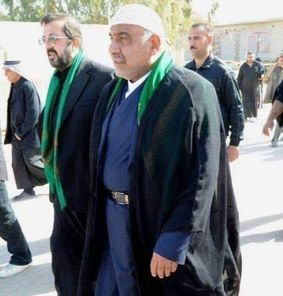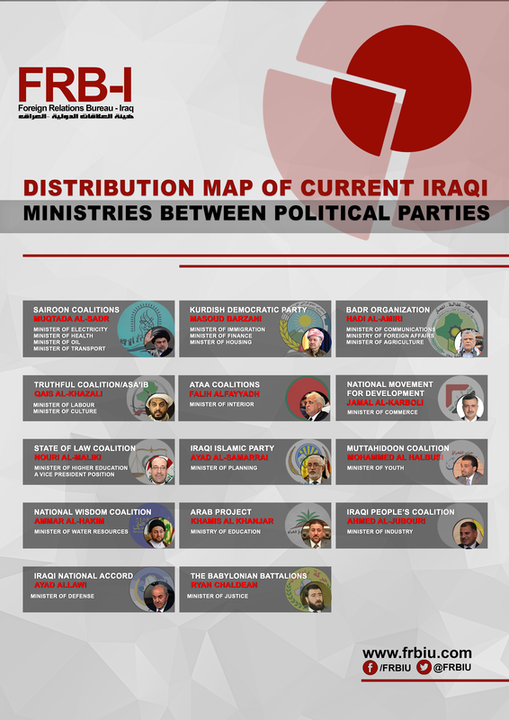What Abdul Mahdi has shown is that he is a political mercenary. His background includes links to Iraqs former monarchy, his involvement with the Baath party, communist and also islamist movements before fleeing Iraq in 1969, only to return in 2003 following the US occupation of Iraq and overthrow of Saddam Hussein. He then took up various positions within the current failing political system, as Minister for Finance, Vice President, and also Minister for Oil.
His consistent changing political outlook points to where his allegiances truly lie. Prior to taking up his new role Abdul Mahdi was seen in an Iranian promotional advert and since taking power has met with several Iranian high profile figures. His involvement since 2004 in the current US installed political system also highlights the fact he is not the change in guard that many had hoped for and some had claimed he was.
He is further indicted by his involvement with a Baghdad bank robbery committed by his personal bodyguards in 2009. As one journalist, Ahmad Abdulhussein, put it at the time “do they (Iraqis) want a leader who has bodyguards who rob banks and kill?”.
Not long after recent elections took place Abdul Mahdi admitted that he wouldnt want to take on the position of PM, citing issues with the political process and the difficulties this would cause in effective governance.
It is interesting that just 5 months later, he is doing exactly that. So what caused this turnaround?
Having used and recycled inept politicians for 15 years, both Iran and the US were struggling to find a viable option to take over that was acceptable for both sides. As one of the few faces left whose reputation has not irrevocably been destroyed by his time in office, and his penchant for changing political ideology meant he was the only candidate.
Once it was announced that he would be PM, he was quick to claim that he would put an end to the endemic corruption and in part this would be by not electing corrupt officials. To this end an online application system was set up that would enable any Iraqi to apply for a position in government. But as was the case with those before him, Abdul Mahdi has shown he he is good at making promises, but not so good at keeping them.
A decade and a half on from the inception of the current political system, Iraq has gone backwards. No new infrastructure has been built, and years of violent fighting have left what remain at breaking point, with much of the country left under rubble. For a country with such an abundant natural resource in oil, outside of the echelons of power, the effects of this has not trickled down to those most in need.
Iraqi’s of every sect, city and ethnicity have taken to the streets to protest the government failings and corruption. Despite this, and the obvious signs that the current political system is inherently unsuited to govern the complex, multifarious issues Iraq and her people face, there appears to be little willingness from regional and global powers to offer or accept any alternative, even despite the US loss of influence over Iraqi politics.
This is for one simple reason, often unacknowledged. By maintaining instability in Iraq, the US, Iran and other regional and global powers benefit a great deal more, financially and politically. This comes in the form of oil contracts and other deals that would not be possible were a strong and effective government in place.
Yet another weak politician put in charge of a country with no sovereignty and controlled by foreign powers and corrupt politicians. This pattern looks set to continue for the foreseeable future in Iraq.



 RSS Feed
RSS Feed